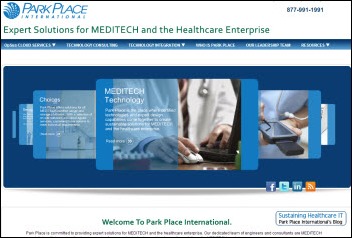Converting to electronic health records has been a potentially helpful process, but also one that has frustrated South Dakota doctors who find the changeover cumbersome and inefficient, officials said.
Doctors do not advocate returning to paper records, said Dr. Daniel Heinemann, president of the South Dakota State Medical Association.
But they find that the busy work now required of them adds an hour to their day and it’s an hour that has nothing to do with medicine.
Patients also have complained about less eye contact during office visits because doctors turn away while typing on a keyboard.
“We’ve heard from a lot of patients who have said, ‘I’m tired of looking at my doctor’s back,’ ” Heinemann said.
The medical association represents 2,000 physicians and medical students in South Dakota. Heinemann is chief medical officer for Sanford Health. He discussed the issue after Rand Corp., a California research group, completed a study finding electronic conversion a stress factor contributing to professional dissatisfaction.
Changing from paper to electronic health or medical records, known as EHR or EMR, has been occurring for decades. The conversion picked up steam in recent years with new data systems on the market and accelerated in 2009 when the government stimulus law included incentives for converting. EMRs now are a central feature in national health reform.
The conversion may lead someday to a seamless sharing of information, but that day isn’t here yet, Heinemann said.
“Sanford has an EMR. Avera has an EMR. The VA has an EMR. None of the systems talk to each other. I know for a lot of doctors, that is really frustrating. It adds to their work,” he said.
The Rand study said physicians believe in the benefits. But the study finds that physicians think electronic systems interfere with face-to-face conversation, require doctors “to spend too much time on clerical work” and “degrade the accuracy of medical records by encouraging template-generated notes,” according to a summary from the state medical association.






















